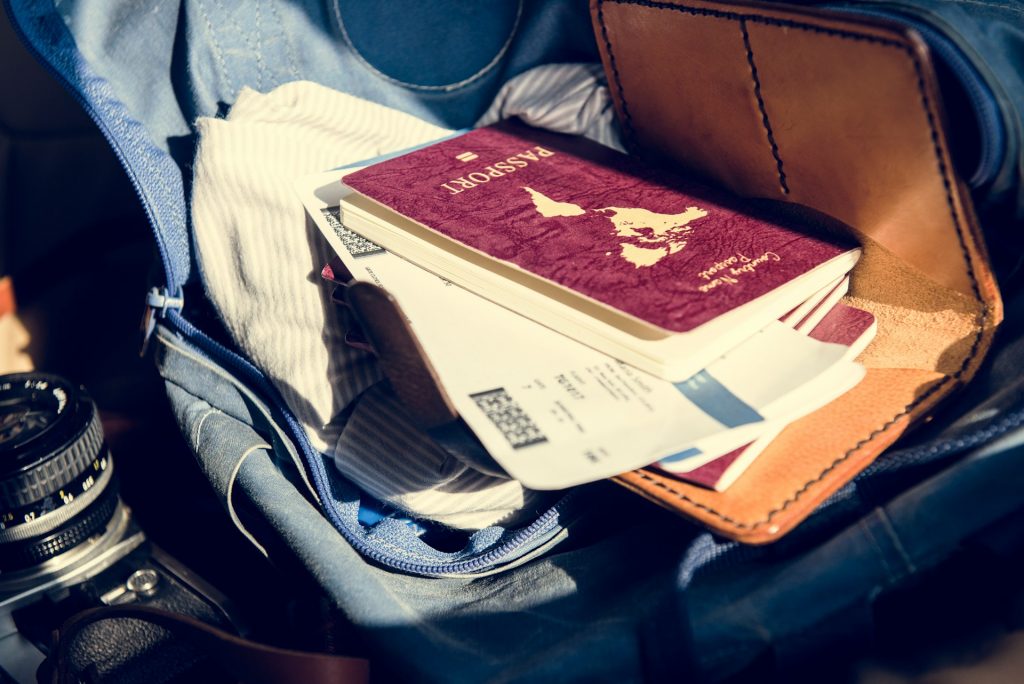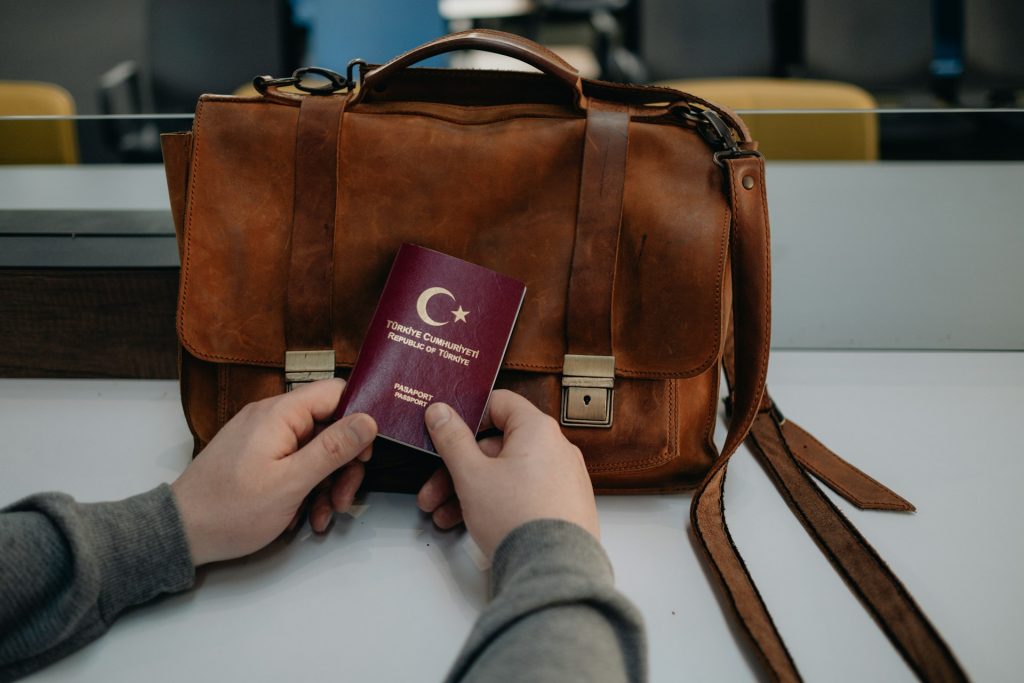Table of Contents
Nomad visas are marketed as the ultimate solution for digital nomads seeking stability and legal work opportunities abroad. But before you pack your bags, there are some critical aspects that recruiters might not be telling you. Here’s what you need to know.
The rise of remote work has led to a surge in the popularity of nomad visas—special visas designed to attract digital nomads and remote workers to various countries. These visas promise the freedom to live and work legally in a foreign country, often with added benefits like tax breaks and simplified application processes. On the surface, nomad visas seem like a dream come true for digital nomads, but there are some hidden truths that recruiters and governments might not be so eager to share. Before you commit to a nomad visa, it’s crucial to understand the full picture.
The Glossy Pitch
Nomad visas are frequently marketed as the key to unlocking a life of adventure and ease—allowing you to legally live and work in stunning destinations without the usual visa hassles. Recruiters and visa agencies often present and market them as easy, hassle-free alternatives to tourist visas. The pitch is compelling: work from paradise, enjoy tax breaks, and live without worrying about visa overstays. But dig a little deeper, and you’ll discover a range of hidden truths that could impact your decision to pursue this lifestyle.

The Hidden Truths
1. Income Requirements
What They Say: “Open to all digital nomads!”
The Reality: High Barriers to Entry
Many nomad visas come with stringent income requirements that can be prohibitive for many freelancers and remote workers. Typically, these visas require proof of a high monthly income—often ranging from $3,000 to $5,000 or more. This excludes a significant portion of the digital nomad community, particularly those from developing countries where average incomes are lower. Additionally, some visas stipulate that applicants must be employed by a foreign company, effectively barring freelancers and independent contractors from qualifying.
2. Tax Implications
What They Say: “Tax-free living!”
The Reality: Tax Complications
The tax situation for nomad visa holders is far from straightforward. While some countries do offer tax incentives, others do not, and it’s easy to get caught in a web of tax obligations if you’re not careful. For example, in countries like Mexico, once you’ve stayed 183 days in a year, you become liable for tax payments, and the tax-free promise may not apply. Additionally, you may still be required to pay taxes in your home country, leading to potential double taxation.
3. Limited Duration
What They Say: “Live and work for years!”
The Reality: Short Stays and Complex Renewals
In reality, many nomad visas are limited to one or two years, with renewal processes that can be complex and uncertain. While some countries may allow you to renew your visa or transition to a more permanent residency status, others may not, leaving you with limited options once your visa expires. The promise of a long-term stay can quickly become a short-lived experience if you’re unable to meet renewal requirements or if policies change.
4. Restricted Work Rights
What They Say: “Work freely from paradise!”
The Reality: Work Restrictions and Legal Risks
Despite the appeal of working from anywhere, most nomad visas come with restrictions on the type of work you can do. Typically, these visas prohibit working for local companies, meaning you can only continue your remote work for foreign employers. Violating these restrictions can result in severe consequences, including visa cancellation, fines, or even deportation. Additionally, some visas may restrict the kind of remote work you can do, further limiting your flexibility.
5. Healthcare Hurdles
What They Say: “Full access to local healthcare!”
The Reality: Limited and Costly Options
Many nomad visas require you to have comprehensive international health insurance, which can be expensive and may not cover all your needs. Access to local healthcare can also be limited, particularly if you have pre-existing conditions or need routine care that isn’t covered by your insurance. In some countries, the cost of healthcare can be surprisingly high, and navigating foreign healthcare systems can be complicated and stressful.
6. Hidden Costs
What They Say: “Low-cost living and working!”
The Reality: Unexpected Expenses Add Up
While the cost of living may be lower in some countries, nomad visas often come with hidden costs that can quickly add up. These can include substantial application fees, required proof of accommodation in approved (and often expensive) housing, and regular reporting or renewal fees. Over time, these expenses can erode the financial benefits of the visa, making it less affordable than it initially appears.
7. Digital Infrastructure Challenges
What They Say: “Work from anywhere with great Wi-Fi!”
The Reality: Unreliable Internet and Power Outages
The reality of digital infrastructure in many popular nomad destinations can be disappointing. Internet quality varies widely, and even in “digital nomad hotspots,” reliable Wi-Fi isn’t guaranteed. Some nomad visas restrict you to specific areas within a country, which may not have the best connectivity. Power outages and infrastructure issues are also common in tropical destinations, making it difficult to maintain consistent productivity.
8. Geopolitical Instability
What They Say: “Your ticket to worry-free global living!”
The Reality: Unpredictable Policy Changes
Visa policies can change rapidly in response to political shifts, economic downturns, or global crises like the COVID-19 pandemic. These changes can affect your visa status, limit your ability to stay in a country, or impose new restrictions that make it difficult to continue living and working there. The perceived stability of a nomad visa can quickly become uncertain in the face of geopolitical instability.

Navigating the Nomad Visa Landscape
1. Do Your Own Research
- Don’t rely solely on recruiters or promotional materials
It’s essential to conduct your own research rather than relying on recruiters or glossy promotional materials. Connect with current visa holders through online forums or social media groups to get honest feedback and firsthand experiences. This will help you understand the real challenges and benefits of the visa, allowing you to make a more informed decision.
2. Consult Reputable Professionals
- Speak with international tax experts before committing
Before applying for a nomad visa, consult with international tax experts who can help you navigate the complex tax implications of living and working abroad. Consider hiring a local lawyer to review the visa terms and conditions to ensure you fully understand the legal obligations and potential risks.
3. Plan for the Long-Term
- Consider how the visa fits into your overall career and life plans
When choosing a nomad visa, think about how it fits into your long-term career and life goals. Consider the implications for your retirement plans, healthcare needs, and financial security. It’s important to think beyond the immediate appeal of living in a new country and consider the long-term impact on your future.
4. Test the Waters
- Leverage visa-free visits or use the tourist visa first
If possible, visit the country on a tourist visa or during a visa-free period to test the waters before committing to a nomad visa. This will give you a chance to experience the local culture, assess the cost of living, and determine whether the location is a good fit for your lifestyle. Connecting with local nomad communities can also provide valuable insights into the challenges and benefits of living in the area.
5. Have a Backup Plan
- Don’t put all your eggs in one visa basket
It’s important to have a backup plan in case your nomad visa doesn’t work out. Be prepared for potential policy changes, personal circumstances, or other unforeseen events that could affect your ability to stay in a country. Having a plan B ensures that you can pivot quickly if needed, maintaining your freedom and flexibility as a digital nomad.
Conclusion: Proceed with Caution
Nomad visas offer exciting opportunities for digital nomads, but they are not without their challenges and risks. Understanding the hidden truths behind the glossy pitch is the hack to a more informed decision. Before committing to a nomad visa, it’s essential to do thorough research, understand the potential pitfalls, and consider whether the benefits truly outweigh the drawbacks. Go into the process with your eyes open and not too excited. Remember, what recruiters don’t tell you can be just as important as what they do—so take the time to explore all aspects of the visa before making your move.

I’m Ethan, a 42-year-old digital marketer and dad of two, living in Dublin. My passion is planning adventurous family vacations that combine cultural immersion with outdoor activities. With my kids growing into their teenage years, I’m dedicated to creating experiences that they’ll remember for a lifetime. ExploreWorkTravel is my platform to share tips, stories, and insights to help other families make the most of their travel experiences.




